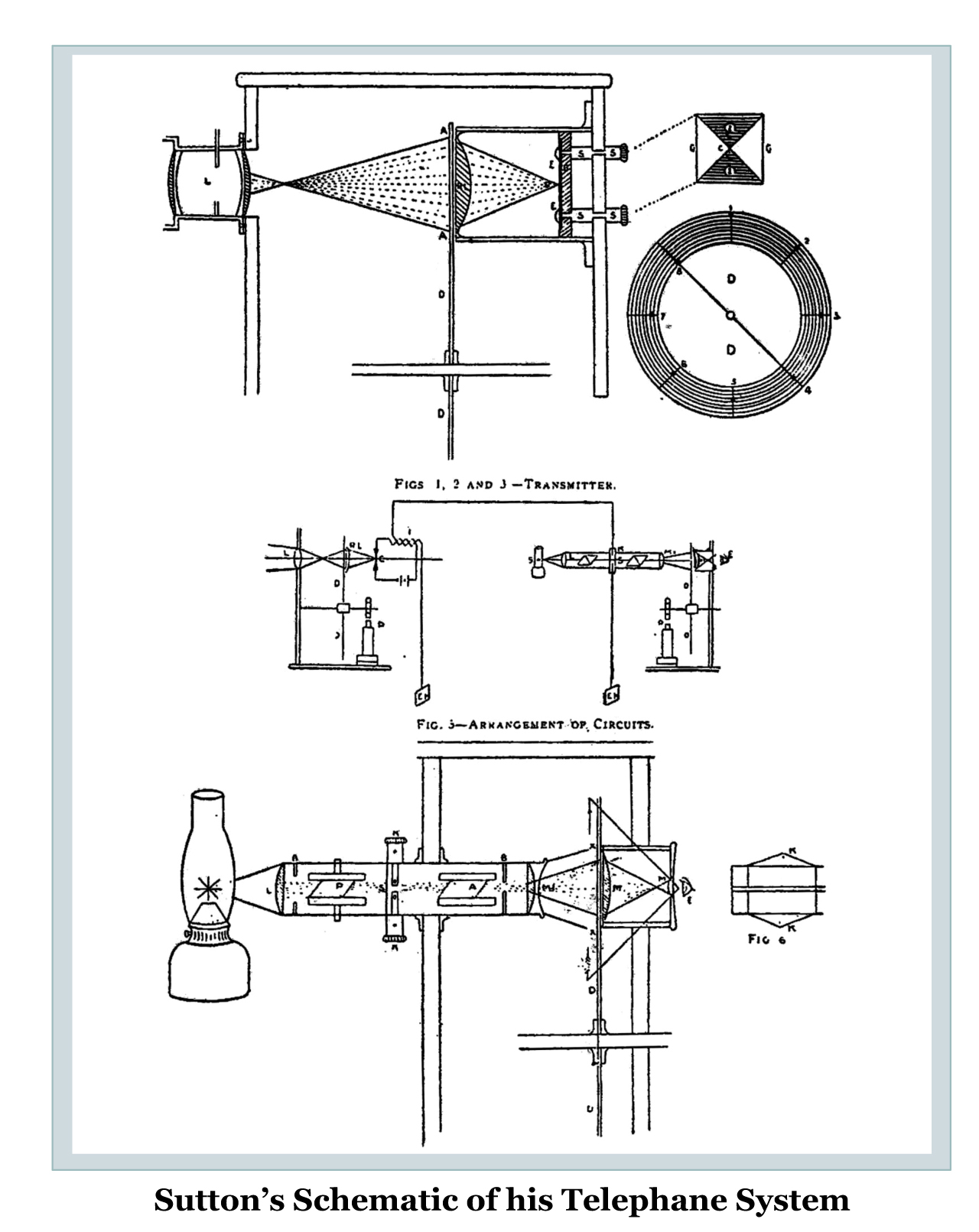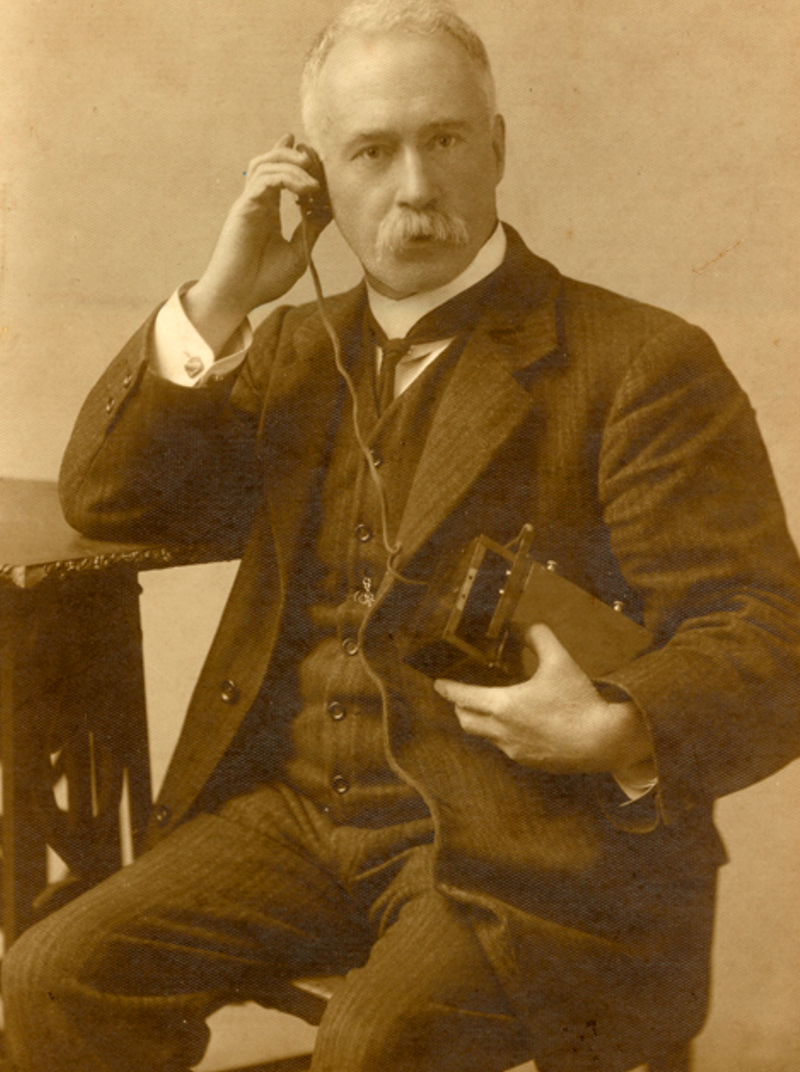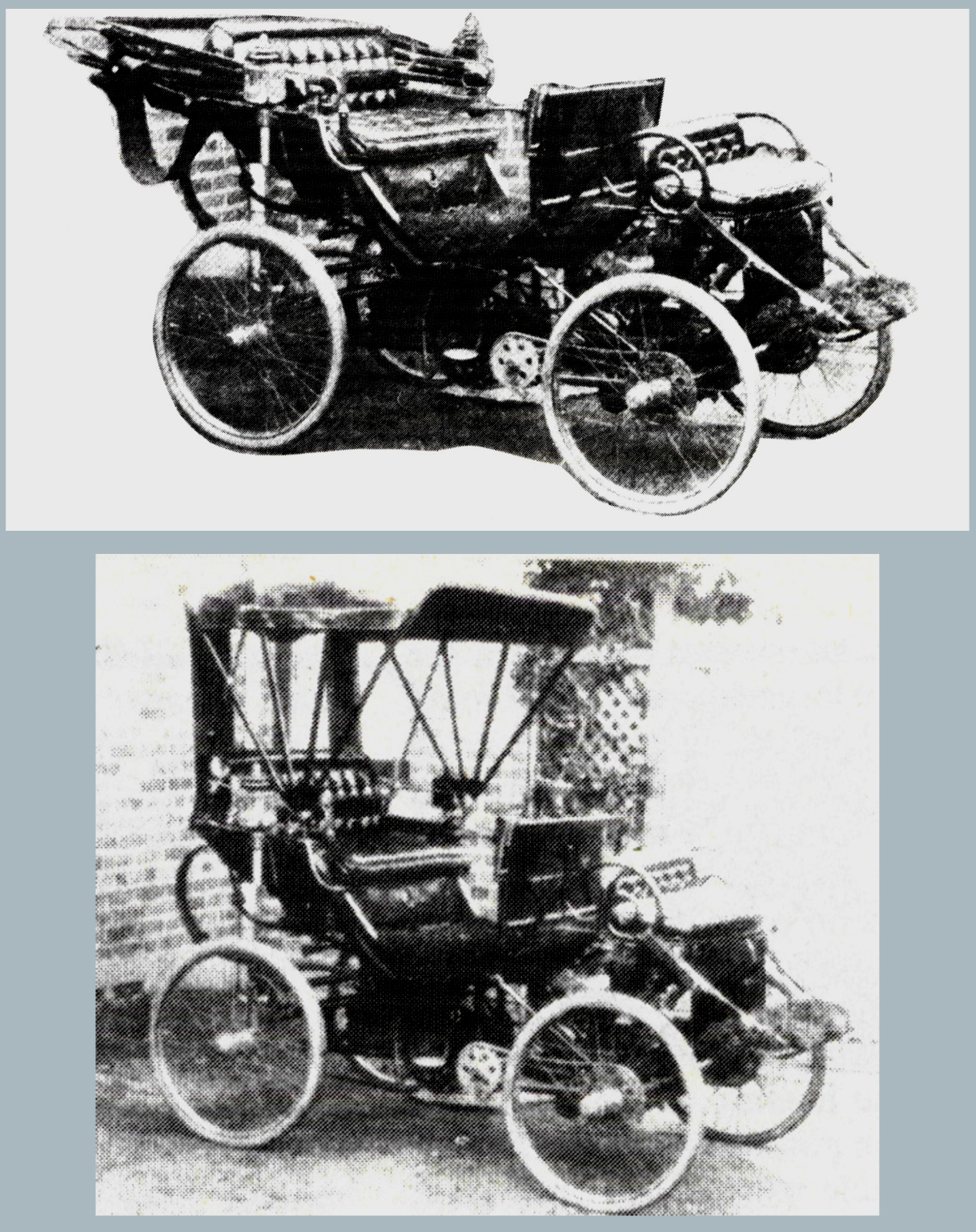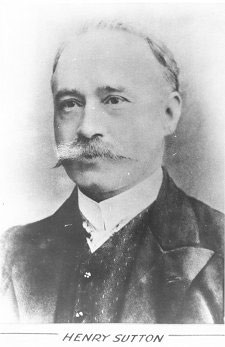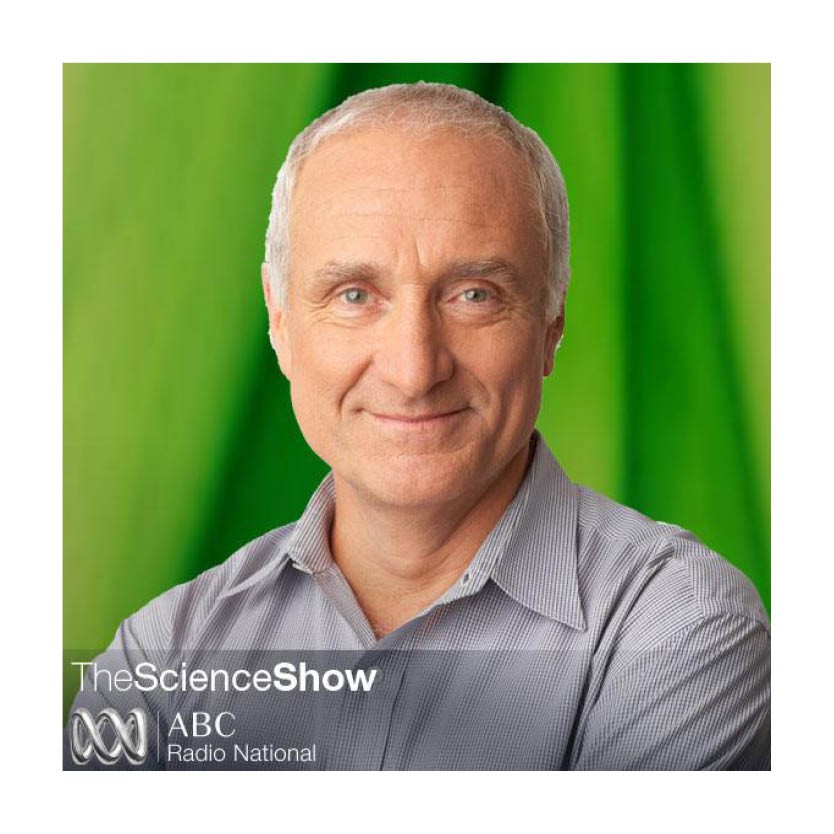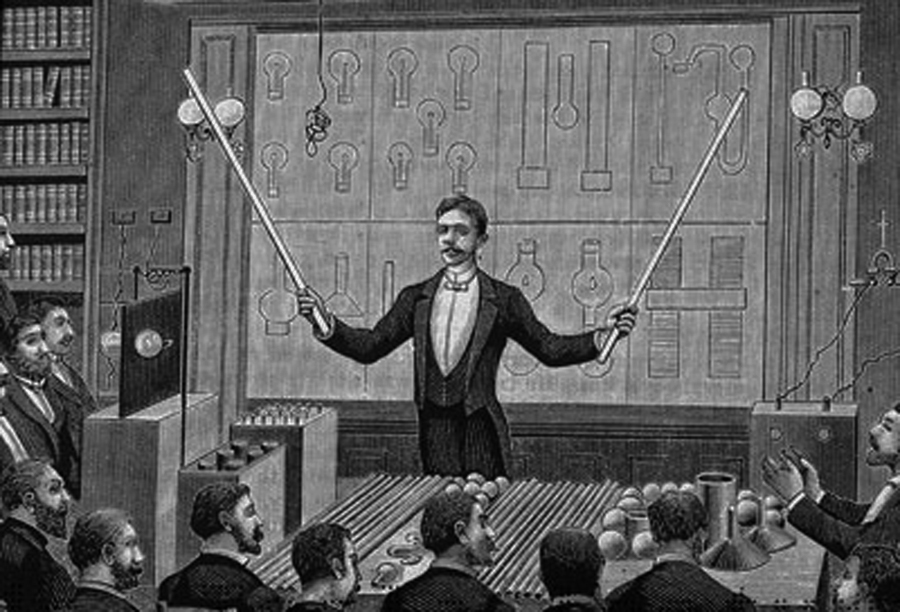The Henry sutton story
In the year 2003, I stumbled upon an interesting historical factoid while researching the history of the city I had must moved to.
Someone called Henry Sutton had attempted to broadcast the Melbourne Cup, Australia’s most famous horse race, to Ballarat.
What made it interesting was that the year he did it was 30 years before the accepted inventor of television, John Logie Baird, was born.
There were other references as well – had he installed the world’s first telephone network? Did he figure out a better design for the carbon filament light bulb than Edison?
Thus begun a journey that would take me another 15 years.
Along the way I met with Lorayne Branch, Henry Sutton’s great grand-daughter, who too was on a mission to find out about his legacy and the full extent of his genius. Her evidence posed a new question about Sutton’s genius that I set out to prove or disprove: had he worked with Nikola Tesla and sent an MMS in London, in the year 1891?
The podcast begins some 13 years into the journey, when I am deep inside the research library of the Smithsonian in Washington, DC and I find the exact moment where Henry Sutton began to be written out of history.
It’s not just a story of an inventor forgotten due to his disregard for patenting his ideas – it’s a history of the development of modern technology, from the telephone to the fax, the automobile to the microchip, and the television to the smartphone.
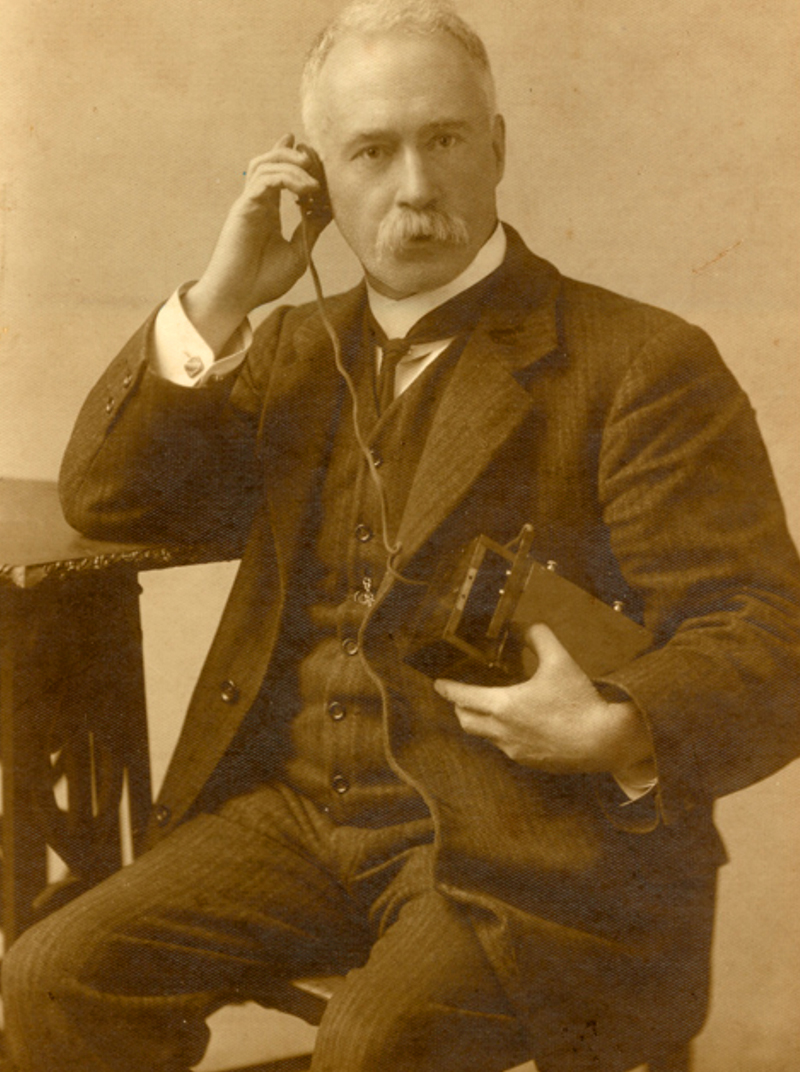
Podcast: The Henry Sutton story
Episode 01
A 15 year journey to find the real story of the man who proposed a television broadcast in 1885; the same man who devised and installed the world’s first telephone network, and who – maybe – transmitted an MMS image with his friend Nikola Tesla in 1892.
The story starts in 2014, in the research library of the Smithsonian with the revelation that Henry Sutton’s research into galena detectors paved the way for the development of the solid state transistor and the microchip.
Episode 02
The Suttons move to the goldfields of Ballarat and pitch their tent at Bakery Hill, not long before the battle of the Eureka Stockade. Nine months later young Henry is born, homeschooled in the family’s music store workshop before discovering the local library… He starts in the footsteps of Leonardo Da Vinci, and by the time he is 14, conceives of television 40 years ahead of John Logie Baird and invents the first electric motor. Sound credit: Eureka Stockade, starring Chips Rafferty (1948)
Episode 03
Alexander Graham Bell gets the credit for the telephone, and Thomas Edison the light bulb – but it was Henry who designed the modern handset, and the process for mass manufacturing light bulbs. Also revealed: the Sutton battery that changed the world – and could have made Henry Sutton very rich… except for one major reason.
Episode 04
A new development causes Henry to revisit his idea to broadcast the Melbourne Cup to Ballarat. His new role as a teacher causes some disquiet at the School of Mines – and a journey to London results in a meeting and world-first experiment with Nikola Tesla.
Episode 05
Henry returns from London inspired by his meeting with Nikola Tesla, and sets to work on a wireless system that results in trouble with Australia’s largest government department and a surprise call to the US Navy. Meanwhile, Henry pursues ideas in two new industries that are dawning – the motorcar and the bicycle.
Episode 06
Henry Sutton died in 1912, aged 57 – but at the time he was working on an invention which brought together nearly all the ideas, innovations and theories he’d had since a teenager. His biographer Lorayne Branch points out the exact moment when he is written out of history, and updates the mission to restore his name and reputation..
stories about henry sutton
Stories I have written about Henry Sutton’s achievements, including a transcript of the first Henry Sutton Oration, given by legendary Australian science journalist and broadcaster Henry Sutton.
Australia's forgotten radio pioneer: the amazing Henry Sutton
The inaugural Henry Sutton Oration: rediscovering the Australian who invented television, telephone handsets and networks in a lifetime of innovation
The mysterious Henry Sutton: revelations of Ballarat's greatest unknown inventor
Lorayne Branch discusses Henry Sutton and Nikola tesla
